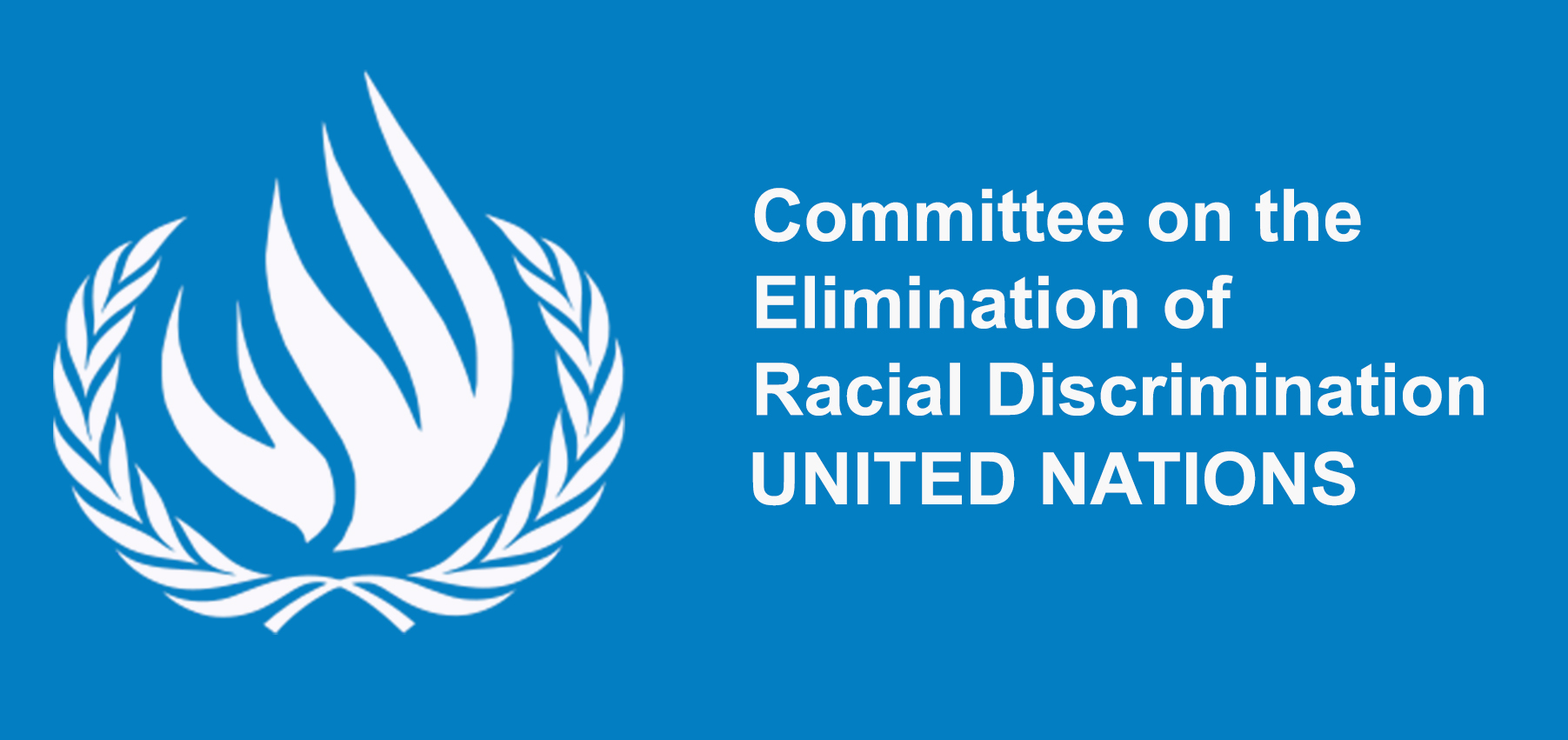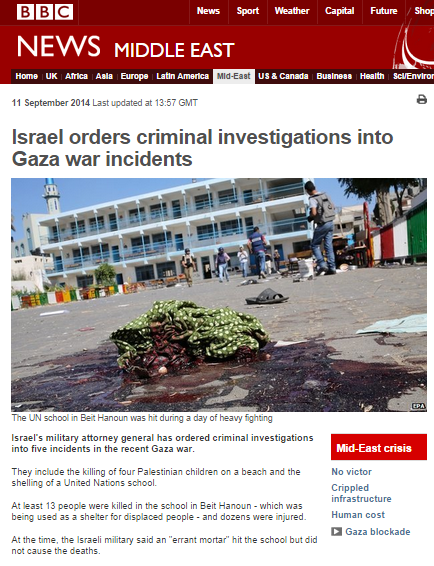Following a surge in violent attacks against Israelis in the autumn of 2015, the BBC began using this standard mantra:
“Israel says Palestinian incitement has fuelled the attacks. The Palestinian leadership has blamed frustration rooted in decades of Israeli occupation.”
As has been noted here repeatedly:
“…the BBC has consistently failed to provide its audiences with any serious reporting on the topic of incitement and glorification of terrorism by Palestinian officials. Readers are hence unable to judge for themselves whether or not what ‘Israel says’ is accurate.”
Neither – as we have also previously documented – have BBC audiences seen any comprehensive reporting on the issue of the incitement and glorification of terrorism found in Palestinian schoolbooks, official PA radio and TV children’s programmes and Hamas’ online children’s ‘magazine’.
Last week the UN Committee on the Elimination of Racial Discrimination published a report following a reportedly stormy review earlier in the month.
“The United Nations’ Committee on the Elimination of Racial Discrimination in Geneva expressed rare criticism over the Palestinian Authority’s hate speech in school textbooks and in its media, and voiced concern regarding the use of racist language by state officials.
The report was adopted on August 23 and became public last Thursday. The committee mentioned within the report the existence of hate speech “in certain media outlets, especially those controlled by Hamas, social media, public officials’ statements, and school curricula and textbooks, which fuels hatred and may incite violence, particularly hate speech against Israelis, which at times also fuels antisemitism.”
According to the report, the committee called on the Palestinian Authority to combat hate speech and incitement to violence, including on the Internet and by public figures, politicians and media officials, “and remove any derogatory comments and images from school curricula and textbooks that perpetuate prejudices and hatred.””
Having recommended amendments to Palestinian legislation:
“…the committee called to ensure that these laws are not used to “intimidate, harass, arrest, detain and prosecute journalists, human rights defenders and political opponents for exercising their right to freedom of opinion and expression.”
The committee requested that the Palestinians will submit information about the implementation of its recommendations within a year.”
As regular readers know, BBC coverage of internal Palestinian affairs is very limited and the last time the BBC News website published a report relating to an NGO’s allegations of torture by the PA security forces was in October 2018.
So what have BBC audiences heard about this rare criticism of the Palestinian Authority from a UN committee? The answer to that is – predictably – nothing at all.
Related Articles:
Impartiality fail from BBC’s Barbara Plett
Revisiting BBC reporting on Palestinian social media incitement




